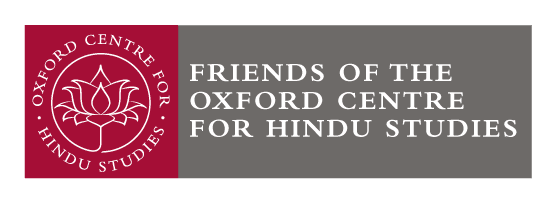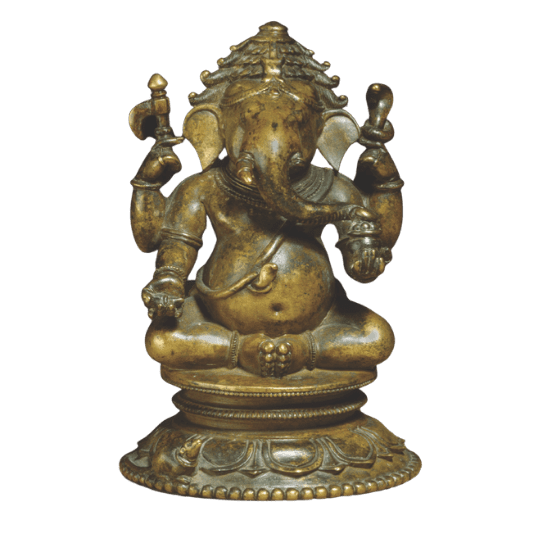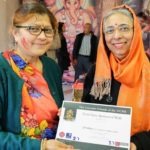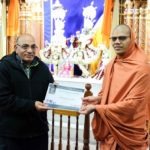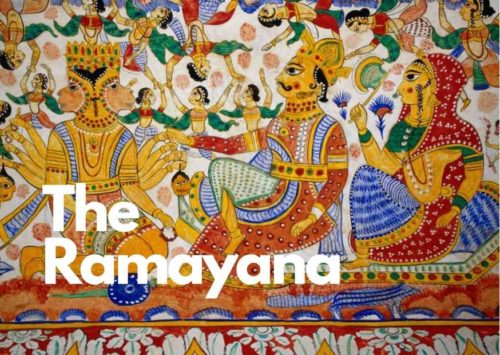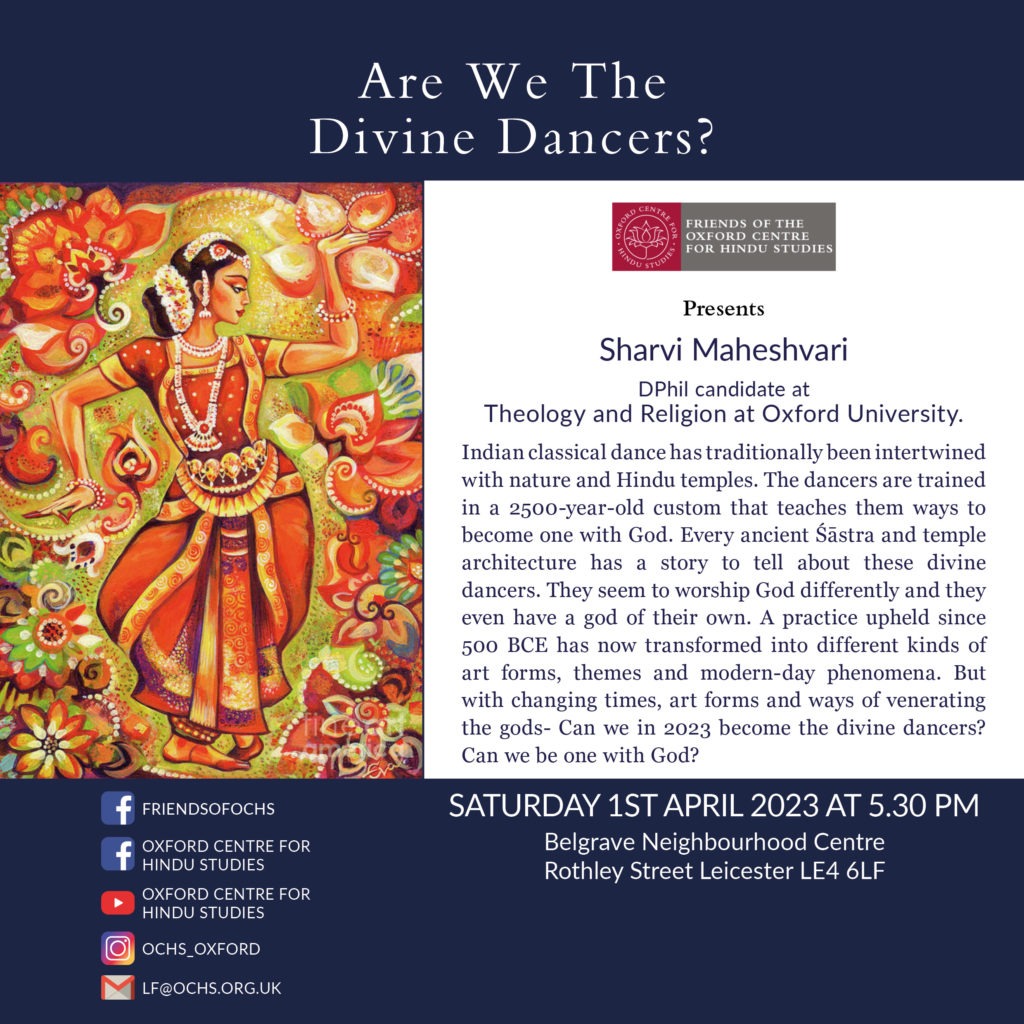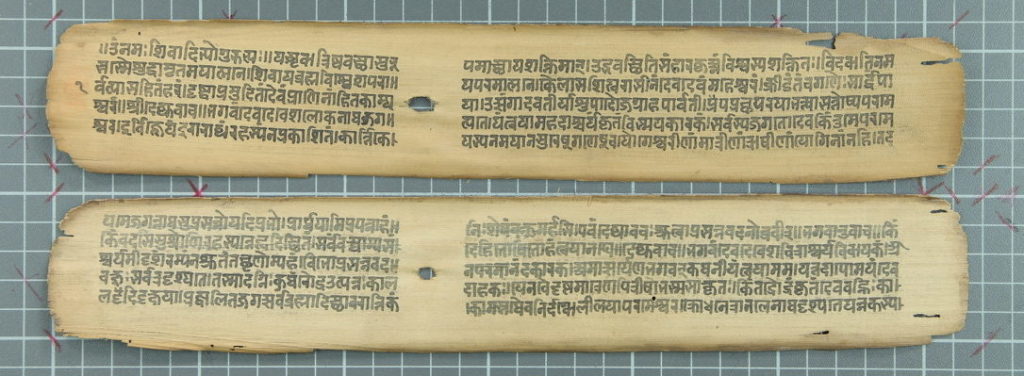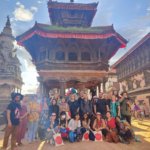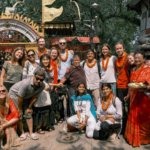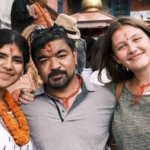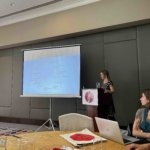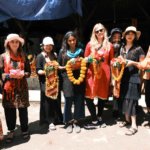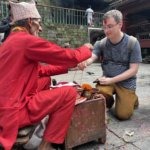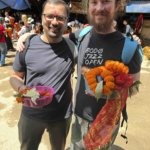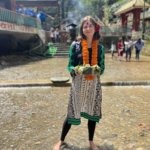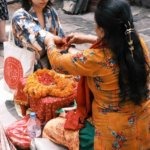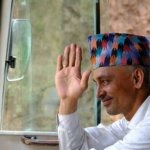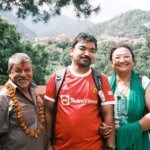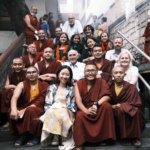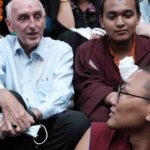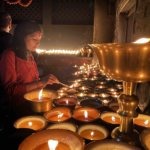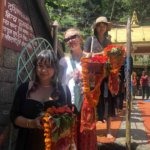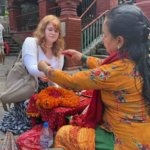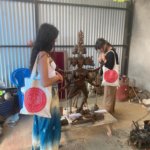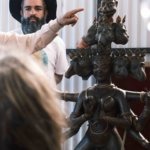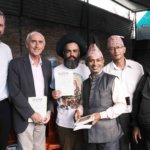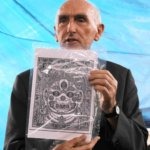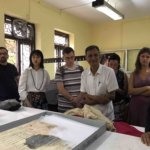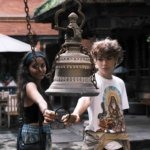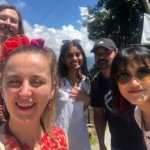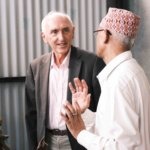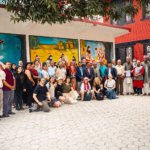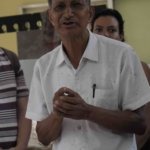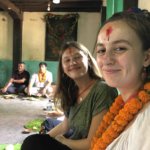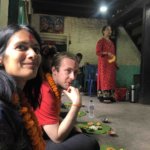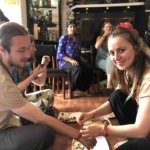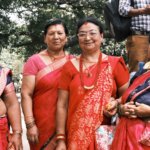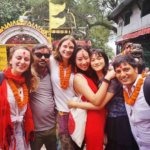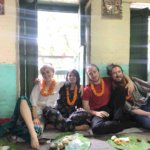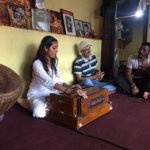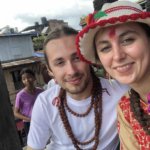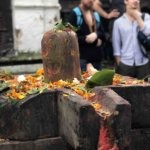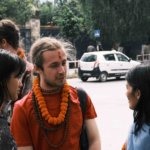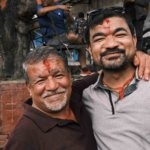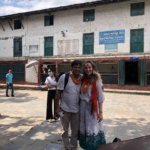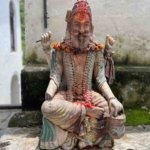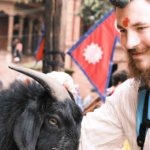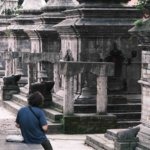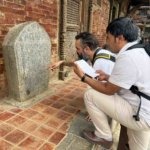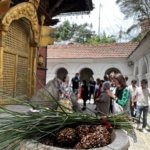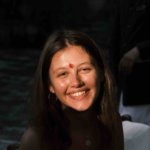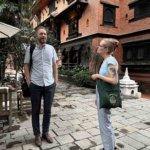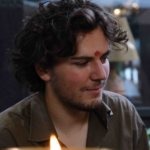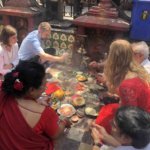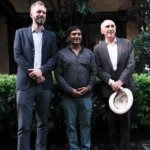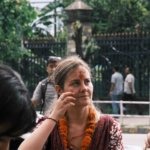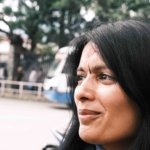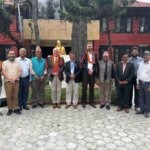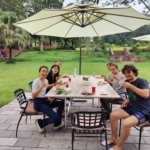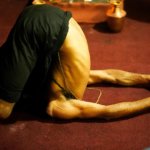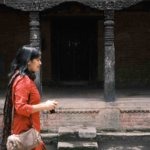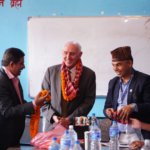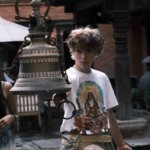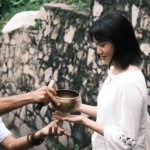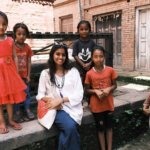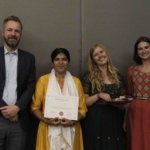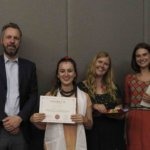Dr Rajan Khatiwoda
Campion Hall
Not only has the Kathmandu Valley preserved an ancient compendium of Suśruta (Suśrutasaṃhitā) copied in 878 CE, but also the earliest surviving Śaiva text, Niśvāsatattvasaṃhitā copied sometime in the 9th century. Similarly, the National Archives of Nepal houses a well-preserved recension of the Netratantra ‘Tantra of the Eye’, an important text in Kashmir dating from around the early ninth century. Of the four Nepalese Netra-manuscripts, the oldest ‘Mṛtyujidamṛtīśavidhāna’ was copied in 1200 CE. The second oldest ‘Amṛteśvarapūjana’ was commissioned by Abhaya Malla in 1216 CE, most likely to protect his father, King Ari Malla, who was said to be dying. The lecture will attempt to shed light on the manuscript sources (as well as their scribal and palaeographical features) for the study of the Netatrantra.
Rajan Khatiwoda currently holds the position of Chief Scientific Documentation Coordinator in the Nepal Heritage Documentation Project (NHDP) at the Heidelberg Academy of Sciences and Humanities (HAdW). He is also the Honorary Leader of the Kathmandu Office of the Śākta Traditions Project run under the Oxford Centre for Hindu Studies (OCHS) and a Research Fellow at OCHS affiliated with the Śākta Traditions research programme. Khatiwoda studied Classical Indology at Heidelberg University, from where he received his PhD in 2017. His dissertation deals with the formation and enforcement of the Mulukī Ain, Nepal’s first legal code promulgated in 1854. From 2013 to 2016, he was part of the Cluster´s Project A14 “Transcultural Legal Flows in 18th- and 19th-Century South Asia.” Since 2014, Khatiwoda is research associate at the South Asian Institute, Heidelberg University, and the Research Unit “Documents on the History of Religion and Law of Pre-modern Nepal,” Heidelberg Academy of Sciences and Humanities. Previously, he worked as a research assistant and cataloguer for the Nepalese-German Manuscript Cataloguing Project (NGMCP) and the Nepal Research Centre (NRC) in Kathmandu for nine years (2004–2013).
in Hindu Studies. Compared to traditional workflows in which scholars manually collate, compare and critically edit manuscripts into edited volumes, computational methods allow many time-consuming tasks to be automated, and new understandings and insights based on the analysis of large volumes of text can be obtained that would previously have been impossible.
In this talk, I present our work-in-progress on an OCHS Manuscript Database using the Netra Tantra as an example. This database will make thousands of manuscripts available, drawn from the OCHS Kathmandu digitisation project, the National Archives of Nepal, the ASA archives, and more. Compared to existing major manuscript databases such as the Cambridge Digital Library, our database will offer a more advanced interface which, for example, allow users to see transliterated and translated texts side-by-side with images of the original manuscripts. Over time, the database will include computational tools that allow easy textual analysis and concordance, and automatic generating of formatted PDFs or Word files with customised content of specific manuscripts.
Ulrik Lyngs is a Carlsberg Foundation Oxford Visiting at the University of Oxford’s Human Centred Computing group, and a Junior Research Fellow of Linacre College. He has a highly interdisciplinary background, with a PhD in Computer Science (University of Oxford), an MA in the study of religion and cognitive psychology (Aarhus University), and an MSc in evolutionary anthropology (University of Oxford). His PhD research on attention and self-regulation in human-computer interactions received the Doctoral Prize from the Engineering and Physical Sciences Research Council. He has previously been a producer at HowTheLightGetsIn, the world’s largest philosophy and music festival.
